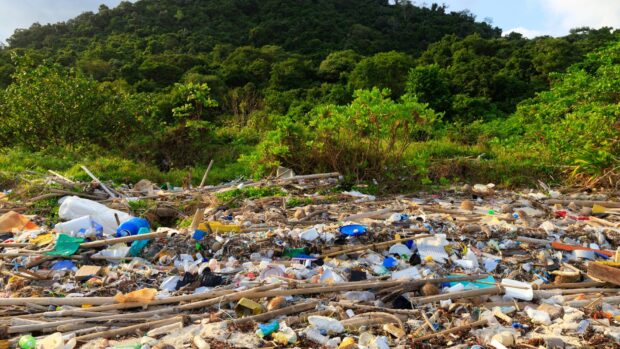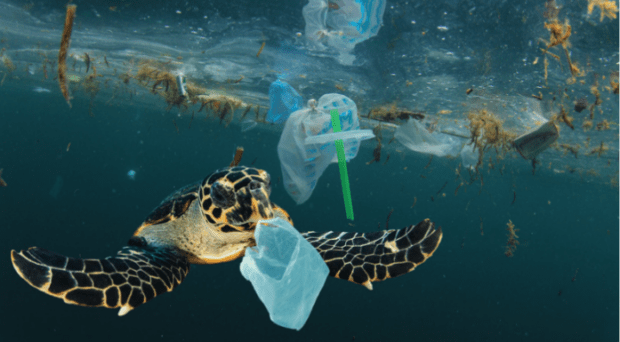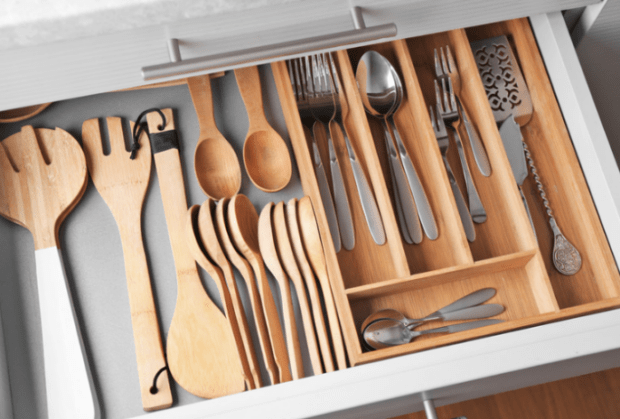We have much more to do and your continued support is needed now more than ever.
Plastic Summer

Keep Calm; Summer Is Here!
Summer usually marks the arrival of more family activities. Since children are off from school many take advantage of this time to go on vacation. This means BBQs, beach trips, hiking, camping, flights, long drives across the country, and other activities that bring us together.
Let’s remember our wildlife neighbors this summer by ensuring our habits and activities support a healthy environment for all creatures.

Did you know?
According to Beyond Plastics and The Last Beach Clean Up, of the 40 million tons of plastic generated in the United States in 2021, 85 percent was sent to a landfill. While about 10 percent was incinerated and approximately 5 percent was recycled. The study also reports that plastic production increases yearly while recycling rates decline.
Additionally, about 80 percent of the plastic that ends up in the ocean is from land-based activities, according to Fairplanet.org. This is due to waste blowing away, washing down sewers, and illegal dumping into rivers, waterways, and oceans.
Many animals ingest plastic pollution or become entangled in plastic debris leading to starvation, suffocation, drowning, or other causes of death. Additionally, new studies are also finding that plastic pollution is disrupting the growth and hormones in animals as well.
A study in the General and Comparative Endocrinology Journal found toxins from plastic can affect development, interfere with reproduction, and increase malformations. Plastic is already known to be dangerous to wildlife by causing death and studies now show the extended effect plastic has on internal systems that are vital for survival.

Why does it matter?
Every animal plays a vital role in maintaining the ecosystems that we live in. According to commentary in the Biology and Medicine journal, marine ecosystems are essential as they provide food security, animal feeds, and protection from coastal dangers such as floods and erosion. Additionally, the UN states that ocean habitats can sequester higher rates of carbon dioxide than terrestrial forests, making these habitats vital in the fight against climate change.
Since plastic is now known to harm wildlife by affecting hormones, fertility, and internal body systems, we must consider the effects of the items we purchase and how they will be disposed of. These discoveries are in addition to other threats that harm marine life such as overfishing, ship-strikes, and climate change.
Degrading our marine ecosystems can have tremendous effects on many other ecosystems. Therefore, our ecosystems need our protection from the dangers that our land-based activities can cause. Evaluating how we produce waste is an important part of keeping our marine ecosystems healthy and supportive of all life.

What can I do?
There are many steps you can take to reduce your plastic consumption and therefore your plastic waste:
- When purchasing items for family and friend get-togethers, opt for items not packaged at all or packaged in materials that are easily and infinitely recyclable such as glass and aluminum or compostable such as paper.
- Replace single-use items with reusable options such as a stainless steel water bottle/coffee cup, a reusable tote for shopping, or bringing your own reusable utensils when eating outside of the home.
- Use reusable cookware and storage when cooking and transporting food for parties and get-togethers, avoiding items like cling wrap and plastic cutlery.
- Take responsibility for the plastic items you already own by taking good care of them and extending their life as long as possible. Teach children to also take care of the items they use and play with to ensure a longer lifetime before items are disposed of or discarded.
Research more ways to be plastic-free and follow experts in this field like Kathryn Kellogg @going.zero.waste, author of 101 Ways to Go Zero Waste, and Ashlee Piper @ashleepiper, author of Give A Sh*t: Do good. Live better. Save the planet., who are among many outstanding humans trying to show the world easier and simpler ways to decrease waste.
DONATE TO STOP PLASTIC POLLUTION!























